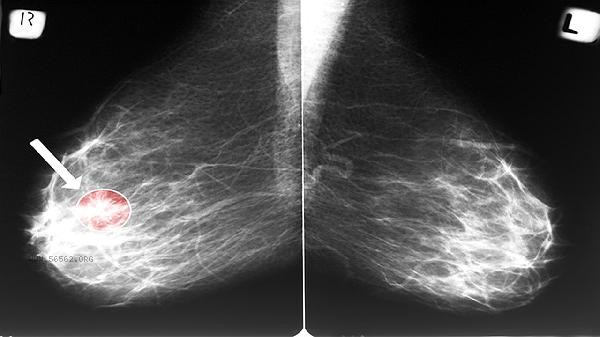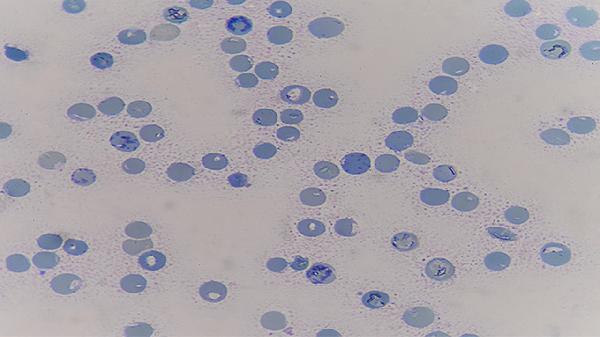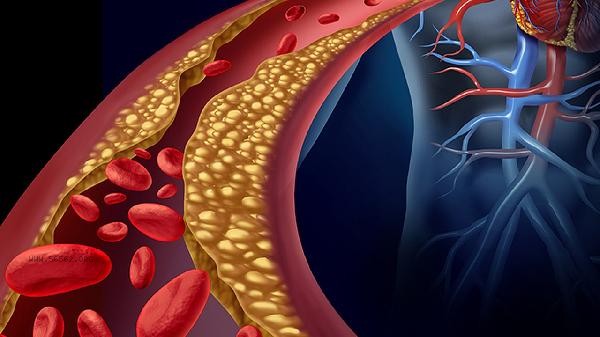Elevated monocyte count may be caused by viral infections, bacterial infections, autoimmune diseases, hematological disorders, drug reactions, and other factors.
1. Viral infection:

EB virus, cytomegalovirus and other infections can stimulate monocyte proliferation. This type of infection is often accompanied by symptoms such as fever, sore throat, and enlarged lymph nodes. Blood tests show an increase in the proportion of monocytes to 10% -20%. Viral infection is self limiting and usually recovers on its own after 2-3 weeks. Antiviral treatment may be necessary if necessary.
2. Bacterial infection:
Infection by intracellular parasitic bacteria such as Mycobacterium tuberculosis and Brucella can lead to a sustained increase in monocytes. This type of infection often manifests as long-term low-grade fever, night sweats, weight loss, and the proportion of monocytes may exceed 15%. Diagnosis should be combined with pathogen examination, and treatment should mainly focus on standardized anti tuberculosis or antibacterial therapy. 3. Autoimmune diseases: Systemic lupus erythematosus, rheumatoid arthritis, and other diseases can cause abnormal activation of the immune system. Monocytes, as immune cells, participate in inflammatory reactions, accounting for 12% -18%, and may also be accompanied by positive anti nuclear antibodies, joint swelling and pain. Treatment requires controlling the primary disease, and commonly used drugs include glucocorticoids and immunosuppressants. 4. Hematological disorders: Hematological disorders such as myelodysplastic syndrome and chronic myelomonocytic leukemia can directly lead to abnormal proliferation of monocytes. The proportion of monocytes in such cases often remains above 20%, which may be accompanied by symptoms such as anemia and thrombocytopenia. Diagnosis requires bone marrow puncture examination, and treatment includes chemotherapy, targeted drugs, or hematopoietic stem cell transplantation.
5. Drug factors:

Corticosteroids, granulocyte colony-stimulating factor and other drugs may cause transient elevation of monocytes. Normally, normal recovery occurs within 1-2 weeks after discontinuation of medication, during which changes in blood routine should be monitored. If other blood cell abnormalities are combined, it is necessary to consider adjusting the medication plan. When monocytes are found to be elevated, a comprehensive judgment should be made based on clinical manifestations. It is recommended to maintain sufficient sleep and avoid overexertion; Pay attention to supplementing high-quality protein and vitamin C in diet, and consume fruits such as kiwifruit and fresh dates in moderation; Moderate aerobic exercise such as brisk walking and swimming can enhance immunity. Continuous abnormalities require regular blood routine check ups, and further evaluation such as bone marrow examination and pathogen testing may be necessary. Special groups such as those preparing for pregnancy and those taking long-term medication should seek medical attention promptly when experiencing abnormal indicators.










Comments (0)
Leave a Comment
No comments yet
Be the first to share your thoughts!